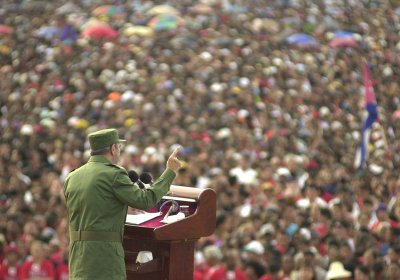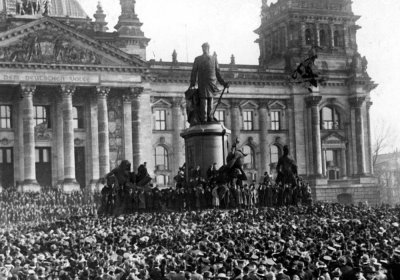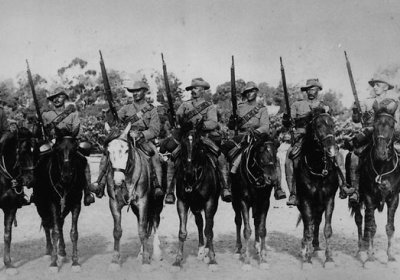The Business Affairs of Mr Julius Caesar
By Bertolt Brecht
Bloomsbury, 2016
216 pages, $31.99
Like Karl Marx before him, the great German writer Bertolt Brecht had a passion for Roman history — and it shines through in the sadly incomplete text of The Business Affairs of Mr Julius Caesar. He researched it for years before first attempting to write it as a play and then turning to the novel form.











